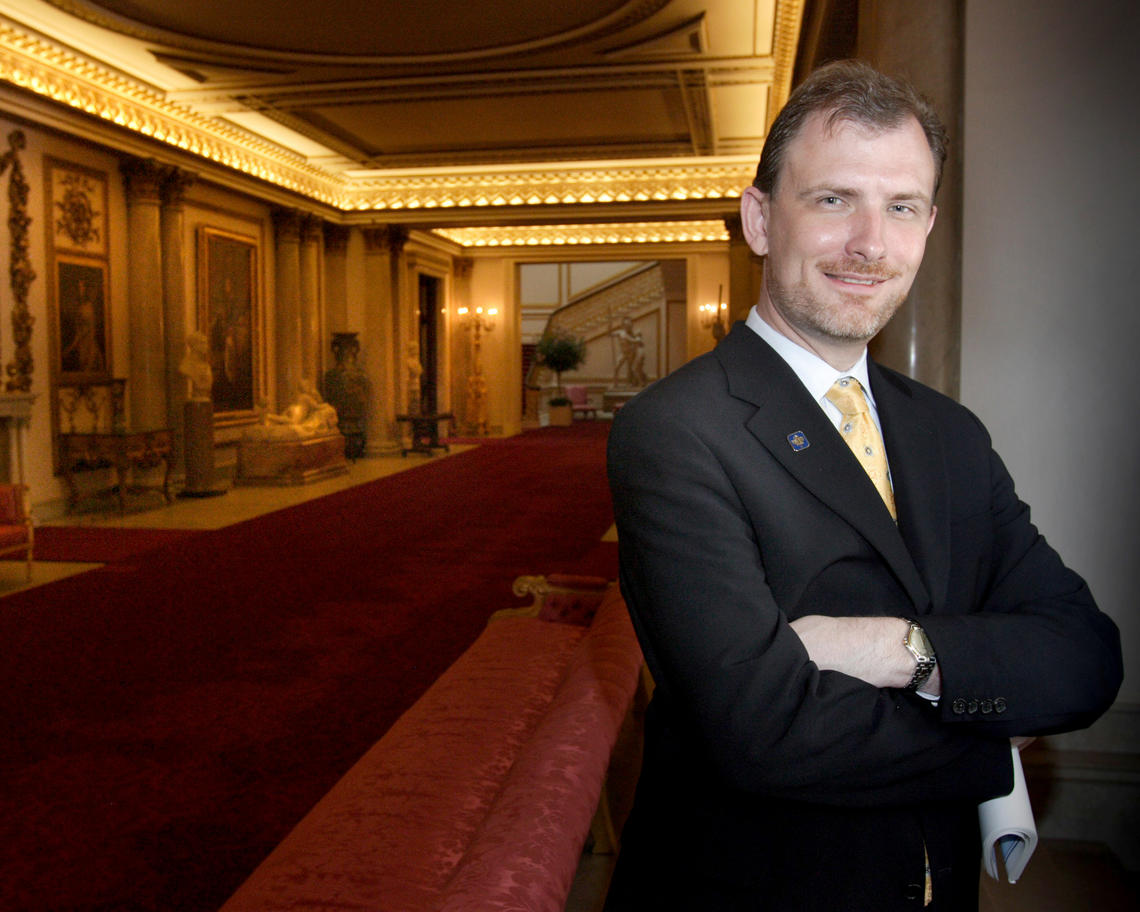Feb. 24, 2021
UCalgary Political Science interviews our own Dr. Ian Brodie

Dr. Ian Brodie is an Associate Professor in the Department of Political Science at the University of Calgary
Your work is broadly on Canadian political institutions and elections. Tell us a bit about how you came to devote your academic and non-academic life to this area?
Back in my undergrad days, I tried Engineering. But I found I was just a lot more interested in government, power, and the ways government power can be structured. I switched to political science and never really left. Three degrees, tenure at Western, a few years in politics and development banking. Back to U of C. Sort of sums it a career so far.]
Can you tell us about the research projects you have been working on?
I have a SSHRC grant for some work on Parliament and government. The original project was blown up by Covid and my return to politics for six months in 2020. But I’m getting it back on track. I hope, eventually, to write about a “normal” year of legislative business in Parliament. I was working for Mr. Scheer during the Covid parliament…

Jason Ransom
What’s the next big thing you are planning to work on?
I’m also playing around with a project on financing election campaigns. The existing academic literature looks at how political money gets raised, but not really on how it gets spent. Having spent a few million political dollars myself, I thought I’d put pen to paper.
Finally, there are two rumours that we’ve heard. First, that you are an accomplished amateur woodworker—hand cutting your own dovetail joints. Second, that you’ve crashed Buckingham Palace. True, not true?
I am a hack compared to my grandfather, who was an artisan. My first trip to London was on an official visit, so a bit weird. Breakfast at #10 Downing with Tony Blair, tea with Margaret Thatcher, and then cooling my heels in the Queen’s art gallery while my boss met the Queen. Accompanying staff are not allowed to meet the Queen. But it’s ok—I’ve watched The Crown and that’s basically the same.
Thanks to Dr. Ian Brodie for sharing with us.
